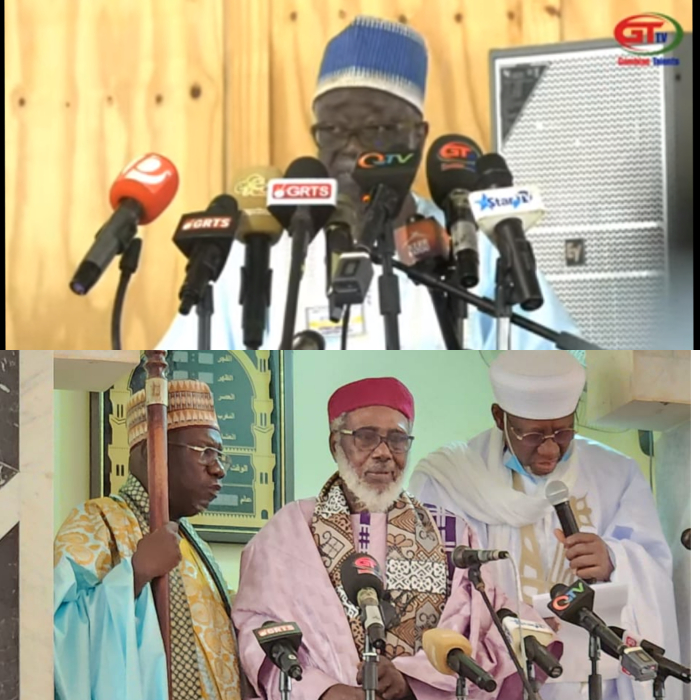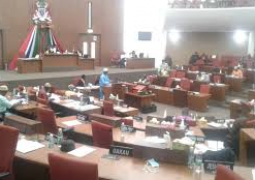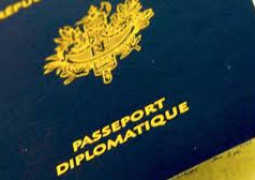
The visit is an annual affair that started from the first Republic of The Gambia.
Alhagie Modou Senghore, who represented Alhagie Dodou Taal, chairman of Banjul Muslim Committee, urged people pray for peace, while hailing the Gambia for the just concluded peaceful local government elections.
He said that is an indication that the democracy in the country is getting stronger, adding that there are upcoming elections that people need to accept the outcome.
"The indiscipline in our society is getting out of hands and that will make the work of authorities difficult. We should evaluate things before acting in order to avoid harming others. It now seems people don't have wisdom and are not afraid of anything," he said.
He added that people no more have respect for the country's traffic code, stating that some would vandalise and destroy public infrastructures and say it's the government's own. He continued that even drivers have destroyed some highway lights arguing that is not helpful for the country's developmental endeavour.
"We need to fight this kind of behaviour and that should start with our own children."
Dwelling on the effect of social media, he explained that social media is good for rapid and effective forms of communication, thus lamenting the way Gambians are using the media as destructive.
"It is now used to attack people, especially the authorities. This is mostly done by Gambians in the diaspora who missed the country and know nothing about the happenings. The use of social media should be to educate children, farmers and citizens. Let us stop accusing people without proof because it’s not good for the country."
Bai Sainey Secka, Bilal of Banjul, told the president that in all the countries attending the Hajj in Makka, the Saudi government requires them to have their own ambulance in order to easily assist patients during the Hajj.
"The Gambia doesn't have an ambulance because the one we have is old and is restricted in certain places. The ambulance will help us because in a group of more than 2,000 people, anything can happen and therefore the ambulance will help in the movement of the sick," he said.




